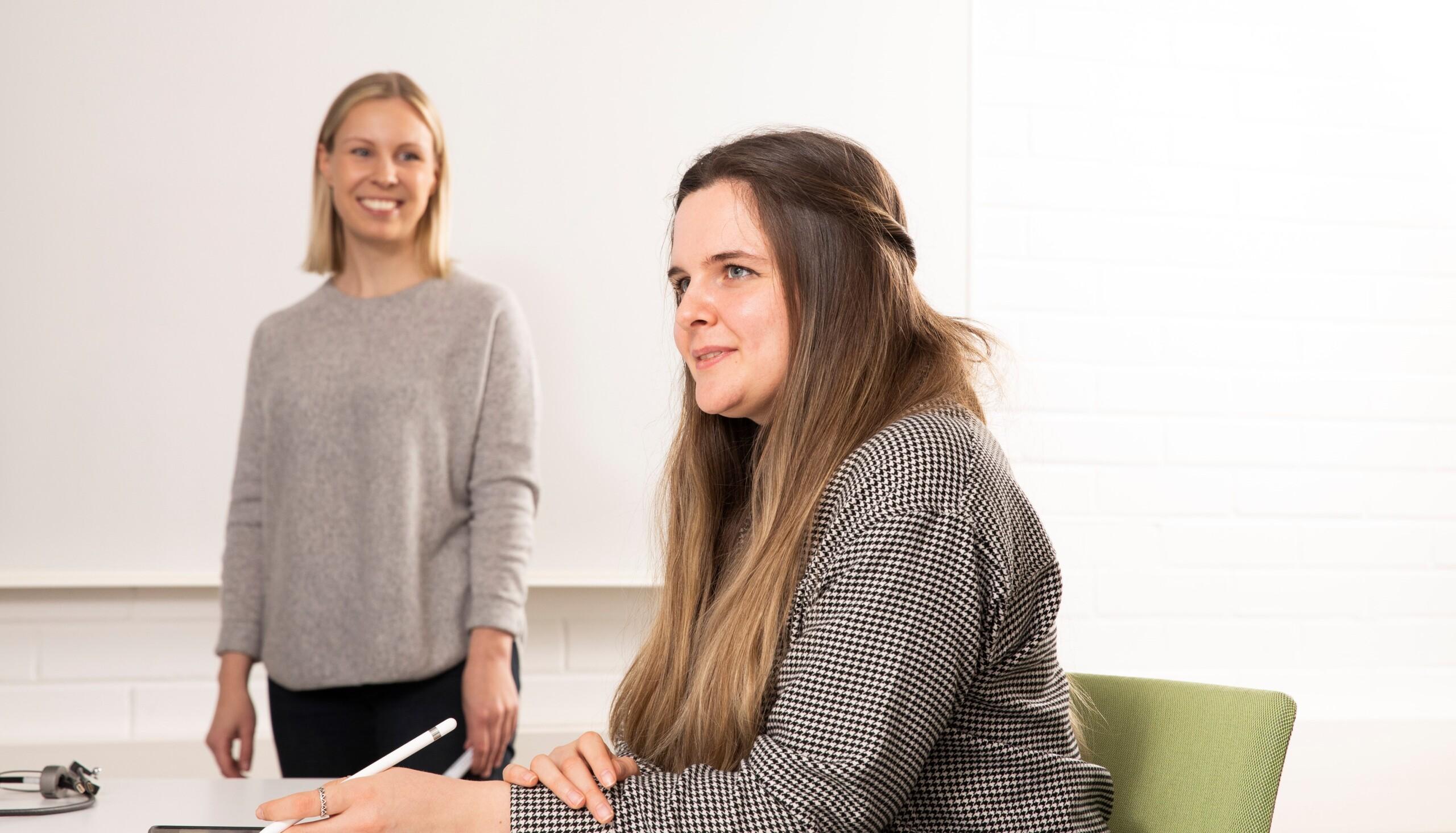What kinds of challenges does the changing nature of work pose for individuals and organisations? How can we ensure that individuals cope with the change, and how can we manage change so that it happens in a sustainable way?
According to Hertta Vuorenmaa, a lecturer at Aalto University and the director of the Future of Work research program, the nature of work does not change in steady global conditions, but at the moment, several uncertainties such as growing polarisation, challenging global political situation, and ecological challenges create pressure on individuals and organisations.
The COVID-19 pandemic left behind an unevenly burdened environment, which sets new demands on learning skills and adapting to the changing work life. The role of immediate supervisors and self-leadership is becoming more significant as organisations divide – some employees wish to meet their coworkers face-to-face while others prefer remote work.
Organisations responsible for enabling learning
The consensus among researchers about the fourth industrial revolution shows that the change of work is an irreversible process, and the need to learn new skills and adapt to change is constantly growing.
In the midst of a changing work environment, there is a fear among work life researchers of a “burnout pandemic,” as the risk of burnout is perceived to be even greater now. A polarising community is difficult to lead and organise. Changing work occurs in a complex, pressurised, and uncertain context, and change is not easy or straightforward for anyone.
“And the change in working life with this kind of skill requirement raises the question for everyone; ‘Do I have the skills that are needed? Will I be able to keep up with this?’” –Hertta Vuorenmaa
Learning and adopting new skills is crucial for the changing work and sustainability. Organisations have a responsibility to ensure that employees have the necessary skills and opportunities to learn new things. Creating psychological safety and focusing on sustainability within the organisation is crucial in promoting the learning process. Change evokes emotions in people, and the scale can range from extreme enthusiasm to extreme shame concerning, for example, using new technologies.
To cope with the change as work careers become longer, employees need to adopt new ways of thinking about work and learn to work more sustainably with the new tools. Virtual work requires different skills and different thinking. Instead of thinking about virtual work solely as technology, using it will also require having the skills for virtual work. New tools should not be seen as a threat; instead, their usage should be considered from a human-centric perspective by identifying the tasks in which the employee excels and determining which tasks can be performed by a machine on their behalf.
Good leadership at the core
In the midst of changing work, the role of leadership becomes crucial. Good leadership, open communication, and respecting individuals create the conditions for developing a culture of learning within the organisation. A serving leader knows their organisation, creates a sense of fairness, and enables learning by focusing on the needs of employees and the community while anticipating potential future challenges. A good leader places the interests and well-being of the employees at the center of operations and strives for employees to learn and adopt new skills to build a sustainable work life.
An organisation focused on sustainability can examine the construction of future work through three steps:
- forecasting and continuity management,
- a culture and leadership that values people, and
- conscious collaboration within the organisation and with stakeholders.
In existing jobs, work should be approached through human sustainability by improving labor laws, job descriptions, and the roles that people are trained for. Human psychology and biology have remained the same, and changes in work rarely excite the employees.
Psychological safety and sustainability as driving forces of change
The changing nature of work and an increasingly complex environment, combined with technology-driven transformations, pose challenges to all types of organizations, individuals, and societies. A central theme that is now emerging is how organisations can help their employees acquire new skills and raise the quality of existing jobs. In organisations, change demands psychological safety and a mindset that aims for sustainability to enable a more sustainable and productive work life through learning.
A psychologically safe atmosphere encourages learning, innovation, and mutual trust, which, in turn, support the construction of a more sustainable and productive work life. Understanding the effects of changing work for the community and skill requirements in your own organisation is crucial.
How to lead change in work sustainably?
This text is based on the keynote speech by Hertta Vuorenmaa, lecturer at Aalto University and the director of the Future of Work research program in FITech’s “Muuttuva työ, muuttuvat osaamistarpeet” webinar (only in Finnish) on September 5, 2024.
The webinar recording can be found on FITech’s YouTube channel.
Some concrete ways to learn key future skills and manage organisational change are provided, for example, through FITech’s free online courses Jatkuvan oppimisen johtaminen and Jatkuvan oppimisen taidot (in Finnish).
You can find more information about developing and revising the competences of your employees with other free FITech courses on our website.


